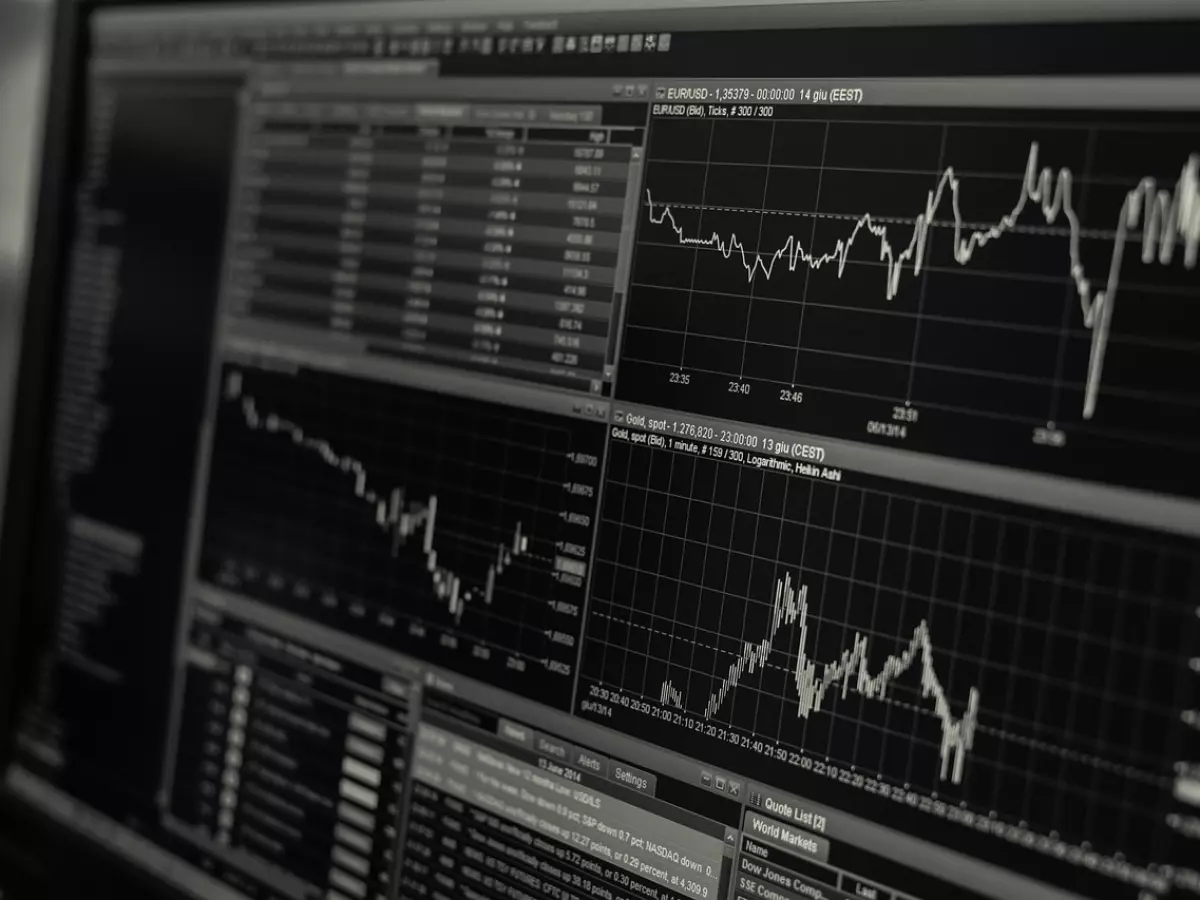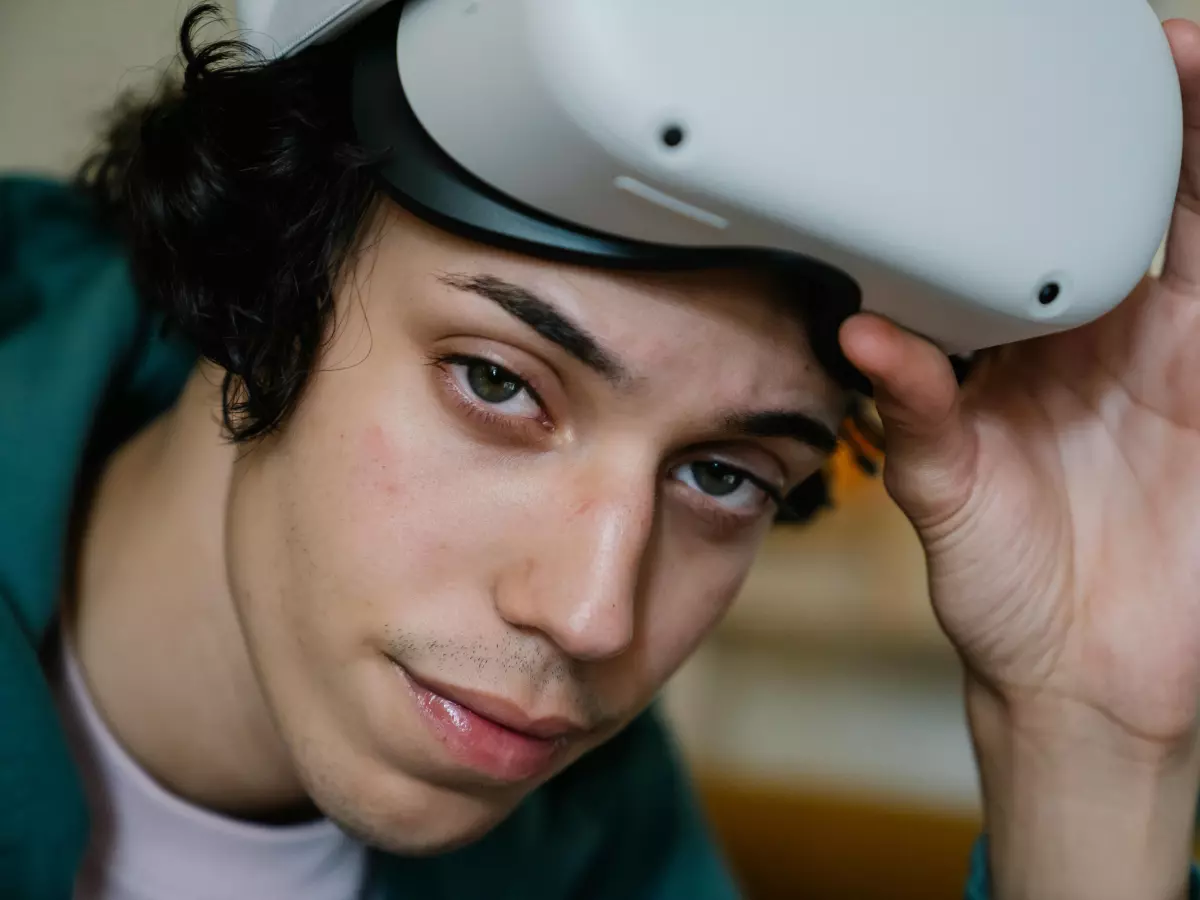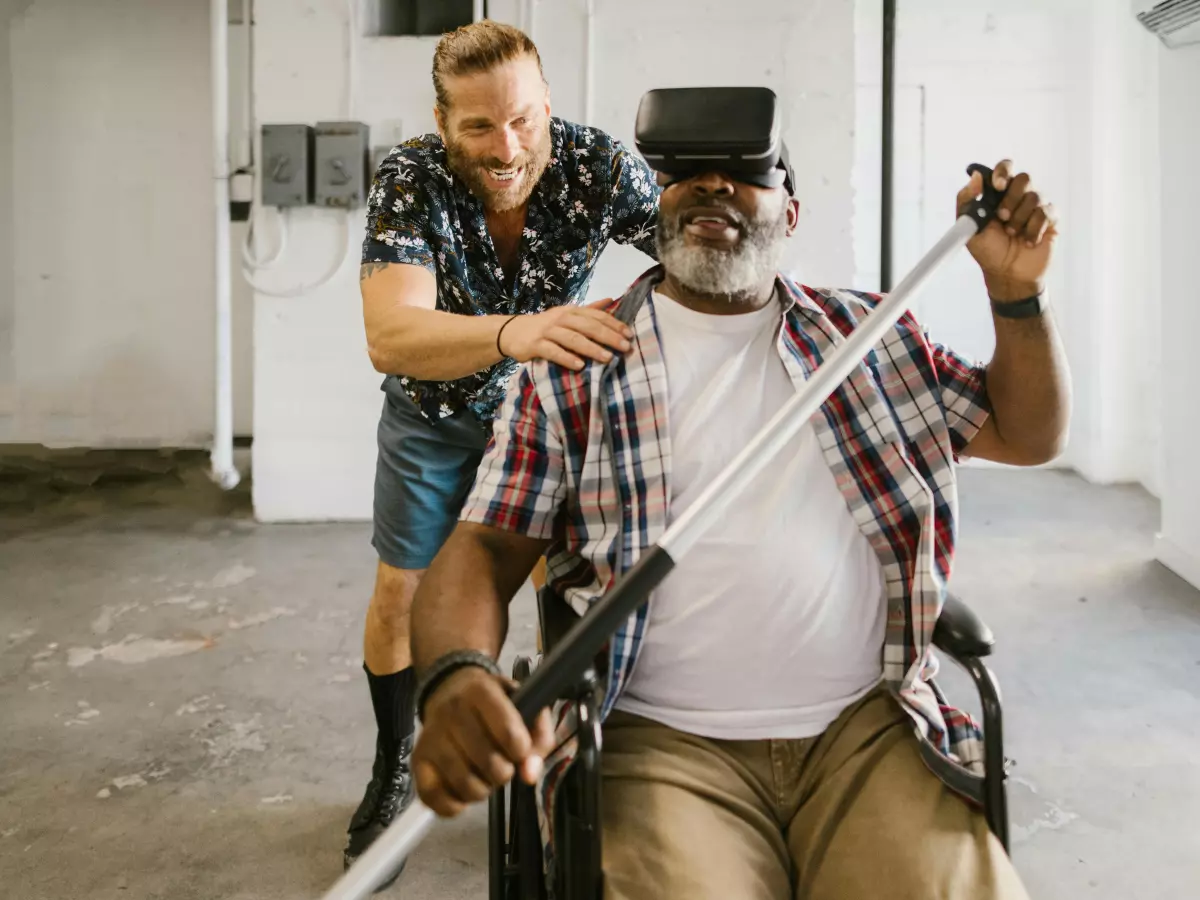AI Meets Hollywood
What happens when AI gets its hands on Hollywood's treasure trove of content? Lionsgate is about to find out.

By Hiroshi Tanaka
Lionsgate, the powerhouse behind some of your favorite blockbusters, is diving headfirst into the world of artificial intelligence. In a bold move, the company has struck a deal with AI video company Runway, allowing the tech firm access to its massive content catalog. But what's in it for Lionsgate? Well, in exchange, they’ll receive a custom AI model tailored specifically for their needs. Sounds like a win-win, right?
But before we get too excited, let’s break down what this really means for the entertainment industry. Is this the dawn of a new era where AI takes over creative processes, or is it just another tech experiment that could fizzle out? Let’s dive into the details and see what’s at stake.
Why AI, and Why Now?
AI has been creeping into every corner of our lives, from smartphones to smart homes, but now it’s making its way into Hollywood. The timing of this deal is no coincidence. With the rise of streaming platforms and an ever-growing demand for content, studios are looking for new ways to stay ahead of the curve. AI offers the potential to streamline production processes, enhance special effects, and even predict what audiences want to see next.
For Lionsgate, this partnership with Runway could be a game-changer. Imagine being able to create hyper-realistic CGI characters at a fraction of the cost, or using AI to analyze viewer data and predict the next big hit. The possibilities are endless, and Lionsgate seems eager to explore them.
What’s in It for Runway?
On the flip side, Runway gets access to a treasure trove of content that spans decades. This isn’t just about building a custom AI model for Lionsgate; it’s about training their algorithms on some of the most iconic films and TV shows ever made. The more data an AI has, the smarter it gets, and with Lionsgate’s catalog, Runway is about to get a whole lot smarter.
But there’s more to it than just data. Runway’s AI tools could revolutionize how movies are made. From automating tedious post-production tasks to generating entire scenes with minimal human input, the future of filmmaking could look very different in just a few years.
Is AI the Future of Entertainment?
So, is this the beginning of AI taking over Hollywood? Not quite. While AI can certainly assist in various aspects of production, the creative spark that drives storytelling is still very much human. However, AI can act as a powerful tool to enhance creativity, making it easier for filmmakers to bring their visions to life.
There are, of course, concerns. Some fear that AI could lead to a homogenization of content, with algorithms churning out formulaic movies based on what’s been successful in the past. Others worry about the impact on jobs, particularly in areas like post-production and special effects, where AI could potentially replace human workers.
But for now, it seems that AI is more of a collaborator than a competitor. By automating certain tasks and providing new insights into audience preferences, AI could help filmmakers push the boundaries of what’s possible in cinema.
What’s Next?
It’s still early days, but this deal between Lionsgate and Runway could be a sign of things to come. As AI continues to evolve, we’re likely to see more studios exploring its potential. Whether it’s creating more immersive visual effects, optimizing production workflows, or even helping to write scripts, AI is poised to play a bigger role in the entertainment industry.
So, what does this mean for you, the viewer? Well, you might not notice the changes right away, but behind the scenes, AI could be shaping the future of the movies and TV shows you love. And who knows? The next blockbuster you watch might just have a little help from an AI assistant.
If you want to dive deeper into the details of this groundbreaking deal, check out the original report from CNET.





